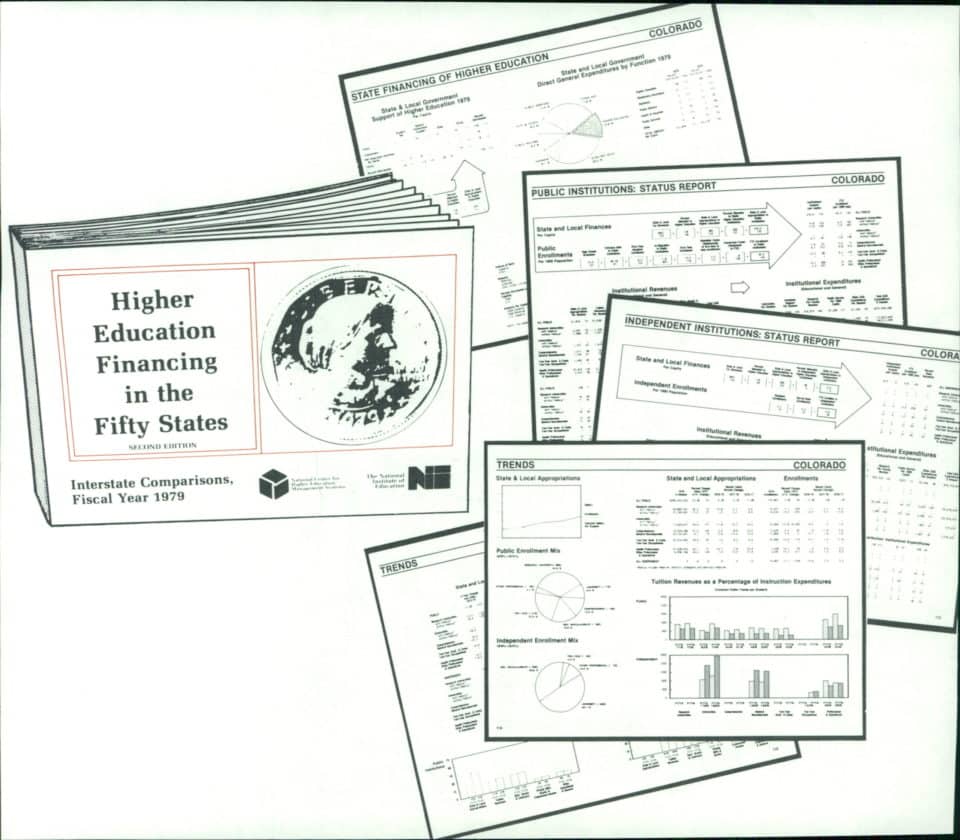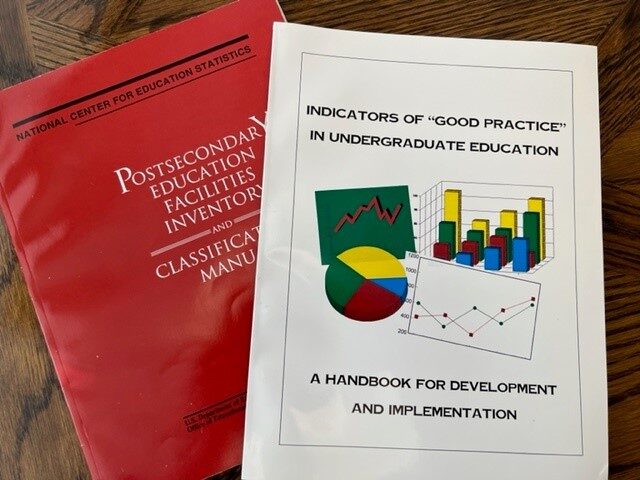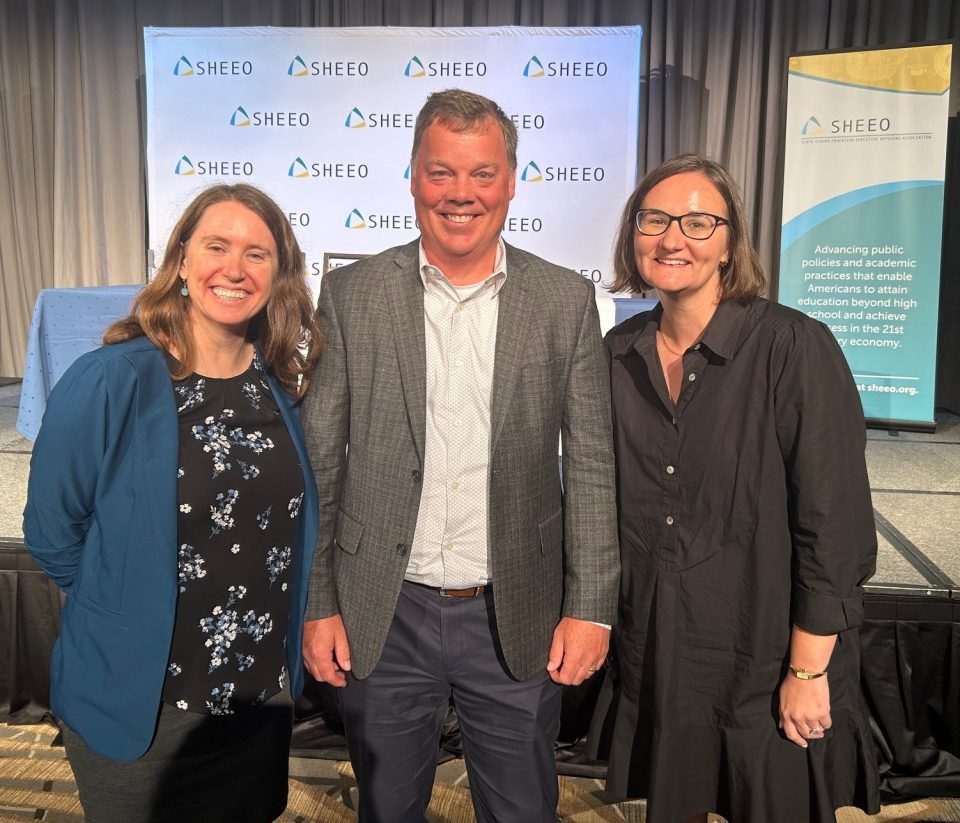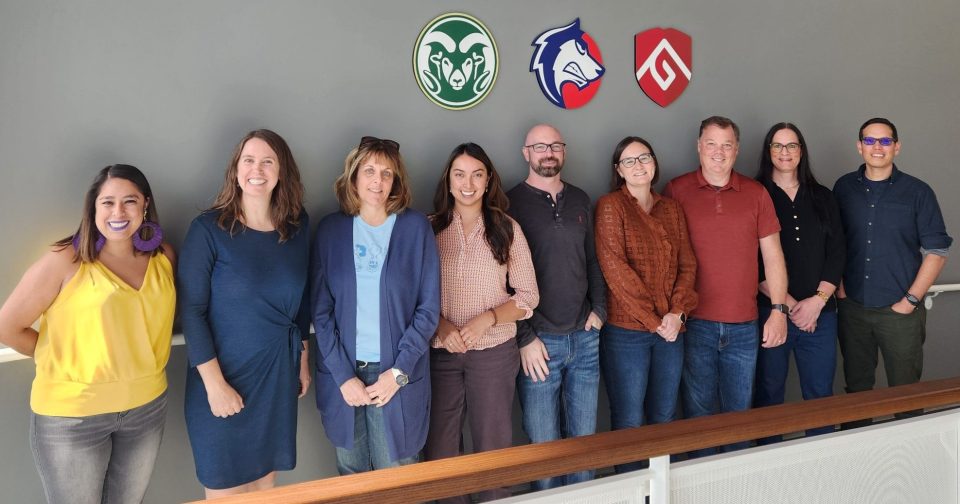Following the Great Recession, higher education was challenged to adapt to demographic decline, financial strain, and rapid technological change. NCHEMS helped states and institutions navigate uncertainty while staying committed to the public purpose of higher education.
Leadership Transition

Sally Johnstone, President Emerita
In 2016, the NCHEMS Board conducted its first national presidential search, selecting Sally Johnstone, Ph.D., as the organization’s president. She modernized operations, strengthened the Board’s governance role, and provided continuity through major disruption. She led NCHEMS through the COVID-19 pandemic while maintaining stability and focus.
Johnstone also deepened NCHEMS’ work in equity and student success through providing support for the Foundation for Student Success and adapting major state initiatives to the new economic and demographic realities.
Quality, Data, and Student Success
NCHEMS collaborated with accreditors to establish standards for distance education delivery, responded to the rise of massive open online courses, or MOOCs, and online learning. NCHEMS also continued providing national data infrastructure, including creating the Aspen Prize for Community College Excellence statistical model and serving as the data engine for Lumina Foundation’s Stronger Nation annual report.
During this time, NCHEMS staffed and housed the Foundation for Student Success (FSS), which helped institutions improve equity outcomes through campus culture change. A grant from the National Science Foundation supported FSS in the development of tools for campus leaders to reduce graduation gaps for Hispanic students in STEM programs.
Designing Calbright College
In 2018, NCHEMS was asked to help California design a new institution focused on adults working in roles threatened by automation. NCHEMS analyzed the target student population, identified needed programs, and helped shape the competency-based model that became Calbright College.
State System Transformations
NCHEMS supported major system redesigns in Pennsylvania, Connecticut, and Hawai‘i, helping states clarify missions, evaluate structures, and realign institutions to better serve statewide goals.
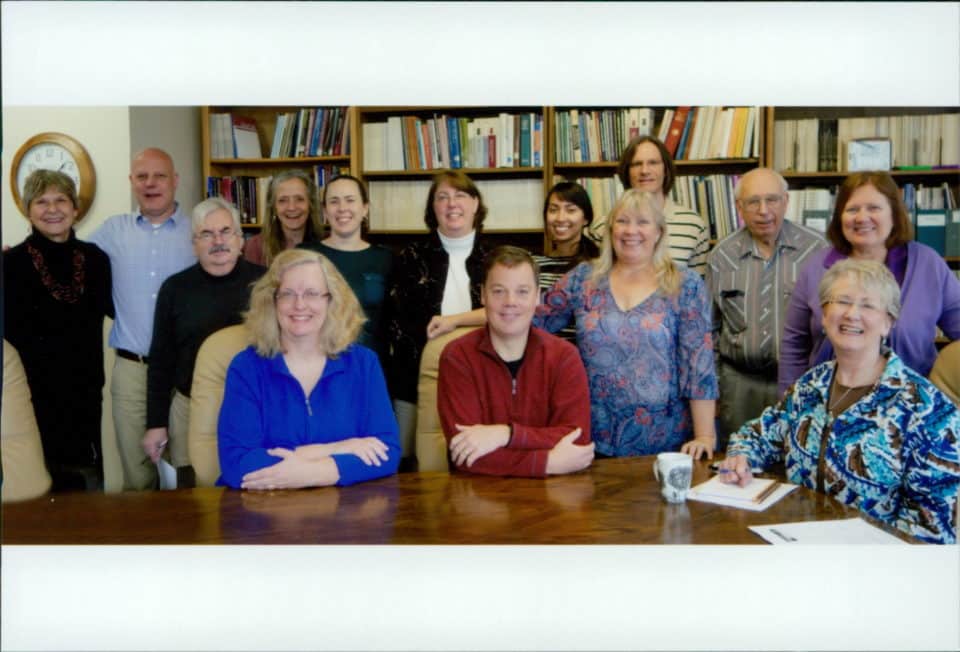
NCHEMS staff – Front row: Linda Leyba, Brian Prescott, Cindy Wand, Sally Johnstone. Back row: Clara Roberts, Patrick Kelly, Peter Ewell, Liz Weeks, Rachel Christeson, Marianne Boeke, Sarah Torres Lugo, Johnna Clark, Dennis Jones, Joni Budden.



